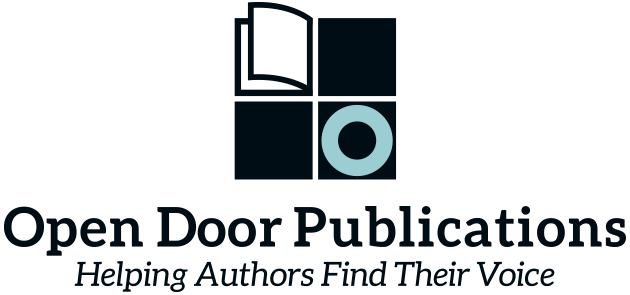Marketing, Public Relations, Branding, Advertising: What’s the difference? And which one do you need to sell more copies of your book? There are so many terms out there that have to do with selling books that it can be very confusing. I recently had a discussion with an author on increasing her book sales, and realized after a few minutes that we weren’t talking about the same thing. While she was talking about “public relations,” she really meant marketing. Just what is the difference? We’ll start with a few basic definitions.
- Public Relations: Strategies that promote name recognition and goodwill for the author.
- Marketing: Strategies designed to promote or sell your product or service.
- Branding: Creating a unique image in the reader’s mind of the author and her books.
- Advertising: Paid promotions that are specifically designed to increase sales.
Looking at this list many people would automatically say, “Well obviously if I want to sell more books, I need to do marketing or advertising. I don’t need these other things. Wrong. It’s one of those chicken and egg questions. Which comes first? Which one is most important? People like to buy products with which they are familiar, from companies that they know. That means the best answer is that all four strategies work together to increase sales of your book.
If you are an unknown author with a first book you have no brand. Readers don’t know what to expect from you. How do you tell them? The first thing a reader will notice is your cover. You want it to look professional and inviting. You want it to look like it “fits in” with other books in your genre while at the same time says something unique about your work.
Think about some different literary genres. The cover of a mystery and a romance will each have a distinctly different look to them that subconsciously tells readers what to expect. A cover with a gun, a fog-shrouded figure, or a police car all signal to the reader various types of mystery novels. A cover picturing a hunky-looking guy or a scantily-clad girl immediately says “this book is about romance. It will have a few sex scenes and a happy ending.” If that’s not what the reader finds when she reads the book, she will feel cheated – and she will make a mental note – or write an Amazon review – that the author did not live up to expectations. There are, of course, many other elements to your brand, and devices such as your website, Amazon Author page, and various social media that can help you develop that brand. That’s where marking and public relations come in.
Before you decide if you need marketing or public relations, you must think about your goals. Why are you writing your book? Do you want to be an Amazon Bestseller? Or do you want to increase awareness of yourself in your profession and attract more clients? Of course, there are many other goals you can have when writing a book, but these are two of the most common.
Public Relations helps to develop name recognition and goodwill. The author whose goal is to become a “thought leader” in his field may want to work with a public relations strategist to get radio and television interviews, the opportunity to publish articles or guest blogs, or be asked to be a guest speaker. But these strategies don’t always lead to huge book sales. A radio interview, for example, very rarely pays in a large increase in book sales. Tweets may or may not lead to book sales, depending on the type of tweet.
Many authors, however, have a different goal. They want to make the Amazon and The New York Times bestseller lists. That means selling books, and that means marketing. There are hundreds of strategies out there to sell books. All of the successful ones involve getting your book, or a link to a sales site, in front of your readers.
Advertising is one easy way to get your book in front of readers. There’s only one problem with advertising: it costs money. There are hundreds of ways to advertise your book, ranging in price from a few dollars to “oh, wow!” Which ones are for you? Do careful research before you spend money on advertising. Make sure that you have the potential to gain back what you spend in sales of your book.
One thing you may notice that I’ve barely mentioned here is social media. That is because social media should be a part of all of your strategies. When used well, social media can enhance a public relations, marketing, or advertising campaign.
There is much to learn about promoting yourself and your books. This is only a brief guide to help you start thinking about exactly what your strategies should be. In marketing and public relations there is no guarantee that what you do will generate the results you hope for. There is one strategy, however, that is guaranteed to NOT be successful. That is putting your book on Amazon, doing nothing to tell people about your book, and expect it to rise to the top of the sales charts.
One of the best ways to learn about how to sell your books – and yourself – is to attend the Winter Writers’ Weekend, March 4-6, 2016, at Lambertville House, Lambertville, NJ. Make plans to attend now and register at the early bird price of $150. Prices will be going up as we get closer to the date, so act now!
